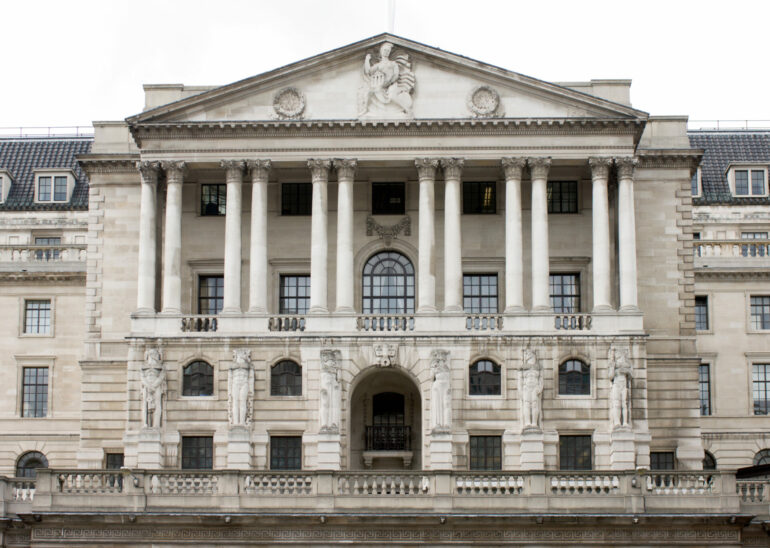Sir John Redwood, MP for Wokingham, has issued a stern warning on the Bank of England’s quantitative easing (QE) policies in a paper published by the Institute of Economic Affairs.
Redwood claims that the Bank’s current approach to selling bonds could cost taxpayers up to £100bn.
He recommends that the Bank cease selling bonds and instead allow maturities to gradually reduce its balance sheet.
The Bank of England ramped up its QE programme during the Covid-19 pandemic, injecting an extra £450bn into the economy by buying bonds with newly created money.
Redwood argues this led to excessive money in circulation, thereby fuelling inflation.
He now says that the Bank is “overcorrecting” by keeping interest rates too high and selling off the purchased bonds, a process known as quantitative tightening (QT).
According to the paper, the Bank has already cost taxpayers £24bn in losses from bond sales up to April 2023.
“Printing too much money and buying too many bonds on the way up, and now selling too many bonds and making huge losses on the way down create a boom/bust cycle. Taking money and credit seriously might help them get a grip on inflation,” said Redwood.
Redwood also criticised the Bank’s inflation forecasting models, pointing out that inflation had already spiralled out of control before other external factors like the Ukraine war and food and energy price hikes came into play.
He highlighted how countries like Japan and China, which did not resort to additional QE measures during the pandemic, have managed to keep inflation at bay.
The MP urges the Bank of England to reassess its economic models, investigate the impact of money and credit growth on inflation, and diversify economic thought within its ranks.
He also suggests linking the pay of senior Bank staff and Monetary Policy Committee members to their ability to forecast and control inflation.



